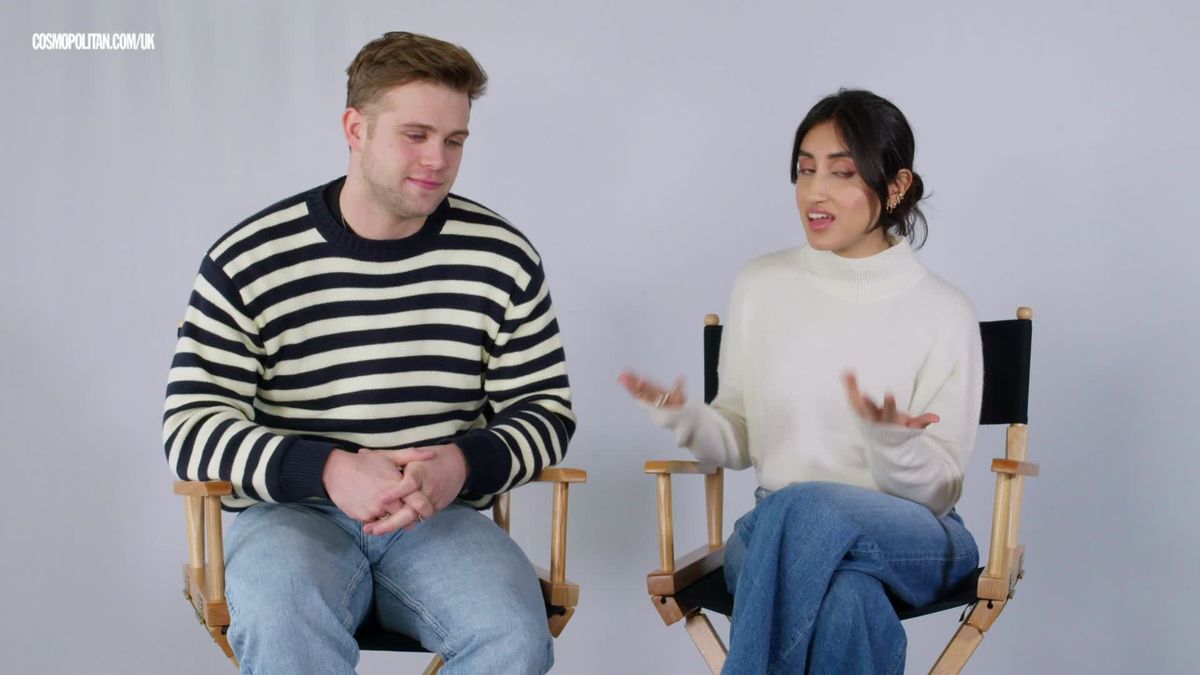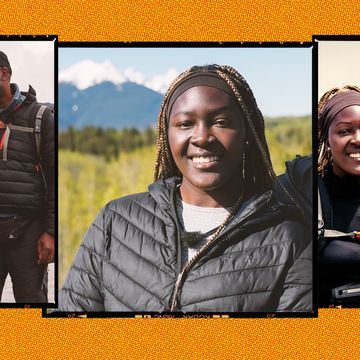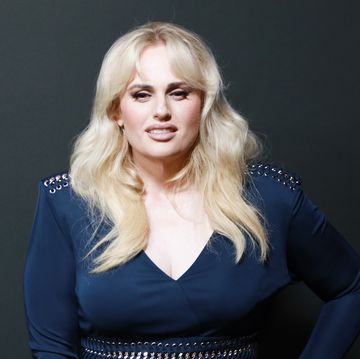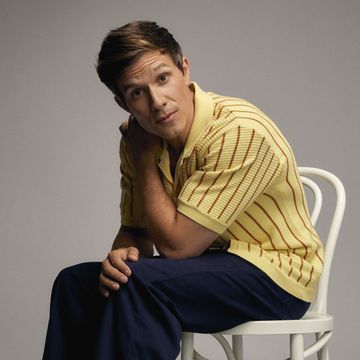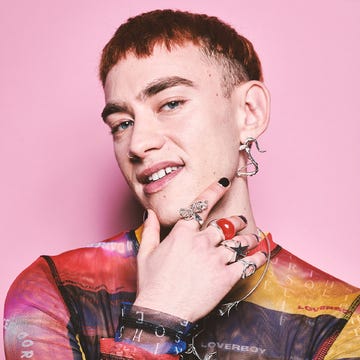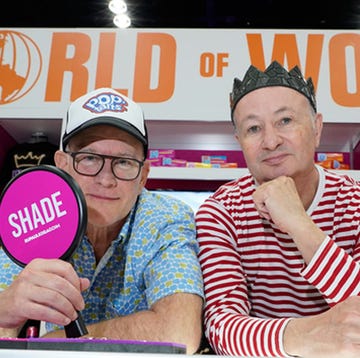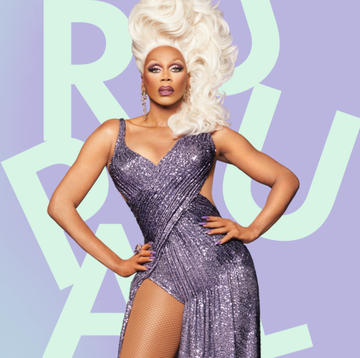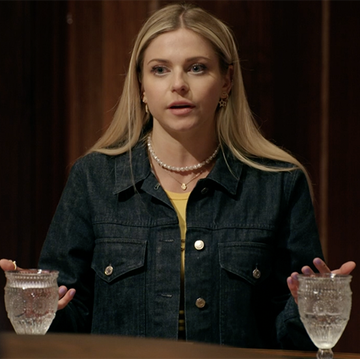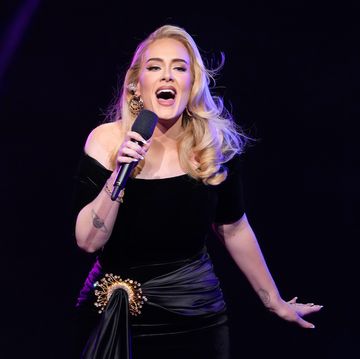Emily Eavis isn’t interested in the noise. When you’re the organiser of Glastonbury there is a lot of it – on and off the stage… on emails, on social media, on headlines, and on and on. Eavis, who has co-run the festival with her father Michael since the death of her mother in 1999, has received some quite, shall we say, passionate feedback in her time. This year has been no different. In 2008, when she booked Jay Z to wrap that year’s festival, Glastonbury fans were furious – or at least the coverage was. A rapper at a rock festival caused quite a stir. In 2015, the tumult topped the decibel chart, when Eavis became the subject of death threats after announcing Kanye West would headline the coveted Pyramid Stage. Over 100,000 angry festival goers signed a petition to replace West with a rock band. Both of these occasions proved that those who shout the loudest don’t always have their finger on the cultural button. The Jay Z set was a rip-roaring success, though, the less said about Kanye, the better.
When you run the world’s most famous festival, booking over 3,000 performances on 100 stages across 900 acres of the Somerset countryside to over 200,000 paying customers, it stands to reason that not everyone will be happy. The festival has been running for over 50 years, is attended by numerous celebrities and broadcast across the BBC. And though this may give the impression that Glastonbury is a British institution and therefore all opinions must be listened to, it is still very much a grassroots, family-run affair - albeit one with global recognition. So, from years of scrutiny, feedback (constructive and not-so-constructive), and media attention, what has Eavis learned about running the festival?
We're speaking over the phone just three weeks ahead of this year’s event. Eavis doesn’t do Zoom (can we really blame her?) though I can practically hear her eyes roll as she mulls over some of the more colourful opinions she’s had in response to line-ups. “I do think it is very loud and shouty out there. It is a bit of a distraction, for sure,” she tells Cosmopolitan UK. “Sometimes I say well, are we the BBC or the NHS? We’re not publicly funded.”
This year’s criticism is a little more legitimate. The 2023 festival comes at a precarious time for gender discussions in the music industry. February's Brit awards saw the male and female best artist categories scrapped in favour of a gender-neutral award which resulted in… an all-male shortlist. So it was unfortunate timing then for Glastonbury to announce all-male headliners for 2023 (Elton John, Guns N’ Roses, Arctic Monkeys). The backlash was swift, and while Glastobury’s platform is so substantial that setting a solid example feels not only preferable but a prerequisite, the irony of being a woman working in the music industry who herself has faced sexism while trying to book the festival, is not lost on Eavis.
“I think everyone knows that we're trying harder than most, certainly extremely hard to address [the gender balance of acts] and I’ve been very vocal about it," she tells me. "Progress isn’t linear. I’m trying my best and believe me, it’s a real, passionate subject of mine […] I've been trying to raise the flag around gender and festivals for a long time. But we can only do so much.”
While Eavis responded to criticism at the time, explaining that she had in fact booked a female headliner who had to pull out due to calendar clashes (one major theory was Taylor Swift, who had been billed to headline in 2020 before the festival was cancelled because of Covid) and that next year’s roster will see two female headliners (one already confirmed), it felt like a consolation prize. Surely there was something they could have done to prevent such an outcome?
Eavis referred to “pipeline” issues in the music industry which has been widely condemned for promoting the work of male artists over women, but it didn’t help that Lana Del Rey, set to headline Glastonbury’s Other Stage, threatened to pull out when the festival’s initial poster listed her name below lesser-known artists. On newly released posters Lizzo, playing on the Pyramid Stage before Guns N’ Roses has joint billing and Lana has been promoted to second tier.
Eavis is craving a bit of nuance. “We’ve lost the ability to have a discussion without shouting people down. There’s nothing wrong with having a different opinion and talking about things. By not talking about it we’re not going to reach any sort of progress”. Drowning out criticism seems to have become part and parcel of the job, but Eavis is firm in her convictions. “I just do what I think is right. Because I don't have an agenda, I'm just trying to do the best thing for the festival and make it as fair and equal and brilliant as possible.”
Her new approach? “I just tell myself; shut up, do your thing, keep your head down.” It’s surely the only way to get on with the job. After all, the backlash against her lineups have run the gamut: “I've had criticisms of booking too many female headlines, criticisms for booking old people, young people, rap music. I mean, we've had it all. To be honest, I just want to tune into the festival and tune out the noise.”
The more pressing noise in Eavis’ life right now is the chorus of reversing vehicles outside her window. “It’s manic and there’s various levels of beep beeep beeeep. It's really exciting. I love this time, it just feels like you’re creating this enormous city, working full power with this deadline which is obviously set in stone.” Most people wouldn’t describe a cacophony of road traffic on their land and a looming, immovable deadline, as anything other than panic-inducing, but Eavis’ passion for the festival is genuine – and infectious. “There's something about the buzz which I think everybody feels who's working on site, which is like, we're building this for people to come and devour, dive into and lose themselves in. And there's something really magical about that.”
Eavis organises the line-ups alongside her husband Nick Dewey. Does she have any advice for working alongside your spouse? “Although we do many of the big, big stages together, we also have quite separate work days. So even though we share an office, I'm quite often on site or having more meetings face to face. And Nick tends to be a bit more like on emails, getting back to 1,000s of people so we have separated the roles a little bit. I think if we were involved in every decision together, it would be more of a challenge.” They do have one rule though: “after nine o'clock [in the evening] I'm not going to talk about the festival. You have to have a cut-off point. And it's like, now let's talk about domestic affairs.”
The couple also makes sure to take time out to watch some of the acts. This year’s coup was booking Elton John. His set will conclude the festival and mark the final UK date on Elton’s Yellow Brick Road farewell tour. “It's been a lifetime's work to get him here.” Eavis personally wrote Elton a letter to persuade him to do it, and while I find it difficult to see how anyone would need persuading to play Glastonbury, The Rocketman singer told the BBC this week that he was “a little intimidated” by the idea of it. What did the letter say? “I mean, it was quite a long letter,” Eavis laughs. “But essentially, [I said] that we really wanted him to be a part of Glastonbury and that I felt it would be a crime if it never happened.” As for other dream headliners, Eavis has her hopes set on landing Fleetwood Mac, Tom Waits or Kate Bush.
Sustainability and charitable causes have always been top of the agenda for the festival, with Oxfam, Greenpeace and Wateraid having long been charity partners. In 2019, the festival achieved the feat of banning all single-use plastic from the site, followed by all non-compostable crisp packets, and have actively encouraged festivalgoers to take their tents with them when they leave (an estimated 250,000 tents are left at music festivals across the UK each year). Last year, Eavis posted a drone image on her Instagram showing the empty land after the festival. “Green, empty fields! We are delighted to let you all know that 99% of tents were taken home,” read the caption. This year, they’ve erected a new wind turbine at Worthy Farm. “It’s going to provide us with about £20,000 worth of energy. So that’s really exciting. The entire Greenfield [part of the festival] is solar powered, which is wonderful.”
This will also be the first time that the festival partners with Vodafone. Along with some much-needed masts (many of last year’s attendees complained of poor signal), their battery pack initiative seeks to support local people and businesses by donating pre-loaded SIM cards across the surrounding Somerset community for every pack purchased.“We’re really looking forward to seeing what they bring to the site,” says Eavis. “They’re also providing the app which will enable people to plan their entire festival which is a massive technical feat.”
For a festival that has become so enormous – a far cry from the £1 tickets on the door when it opened in 1970 – Eavis is determined that Glastonbury retains its homegrown edge. As a result, the welfare of festivalgoers takes centre stage – something Eavis’ mother Jean Hayball championed right from the festival’s start. “Young people are feeling fragile and we, as a festival, want to restore hope and joy and love and support to everybody.” Glastonbury’s latest initiative is Worthy Rest Tents run by Mind and the Samaritans that will be available for anyone who wants to “just have a cup of tea, but you can also go and talk to whoever you need to, as well.”
In recent years, conversations around women’s safety at festivals have been an increasing concern. In 2021 a new UN initiative, Safe Spaces Now, launched to support female festival attendees against harassment after a 2018 YouGov poll found that almost half (43%) of female festival attendees under 40 had been sexually harassed at festivals. Eavis was one of the signatories of an open letter co-authored by UN Women UK calling for collective responsibility to make festivals safe for women. “We need to provide those spaces, especially for women,” she says. “It might not be something that happened over the weekend. It might be something that happened before, but you can go and talk to a professional about it.”
Despite having run Glastonbury for some quarter of a century and becoming seemingly inured to the feedback that entails, Eavis approaches the festival with the excitement of someone fresh in the game. She’s managed an impossible feat: running an event so huge tickets sell out in six minutes despite significant price hikes across its tenure and yet somehow retaining the hippy spirit of its nascent years. Perhaps it’s because she’s running from stage to stage during the festival trying to ensure her three kids have a lovely time, personally begging artists to get on board and is genuinely passionate about making each year better, more enjoyable and more smoothly run than the last. Or perhaps it’s the gratitude of working the best job in the world. Eavis puts it down to something that can’t be grasped: “The community and the joy which was here in the 1970s which is very sweet and innocent runs through everything. Hopefully it touches you as soon as you walk through the gates.”
Harriet Hall is an award-winning journalist and the Features Director at Cosmopolitan. Most recently she was awarded Best Feature for her investigation into Andrew Tate and online misogyny at the 2023 Write to End Violence Against Women awards and the BSME for Best Lifestyle Journalist in 2022 for her work covering women’s safety, women's health, politics and pop culture. As a journalist of over a decade, her work has seen her interview celebrities from Zendaya to Zac Effron and politicians including Jeremy Corbyn (just five days before the 2017 general election); report on fashion weeks and take on stunts in the name of feminism. She has written for a range of publications including The Independent where she ran the lifestyle desk for four years, Evening Standard, Vogue, BBC News and Stylist. Harriet also regularly appears across numerous platforms to discuss her work, from Sky News to Radio 4 Woman’s Hour and on panels such as at the prestigious Woman of the World Festival. Her first book ‘She: A Celebration of 100 Renegade Women’ was published by Headline Home in 2018 and you can find her Tweeting, Instagramming and on Linkedin when she isn’t curled up on the sofa with a good book and the smallest dog in the world.



